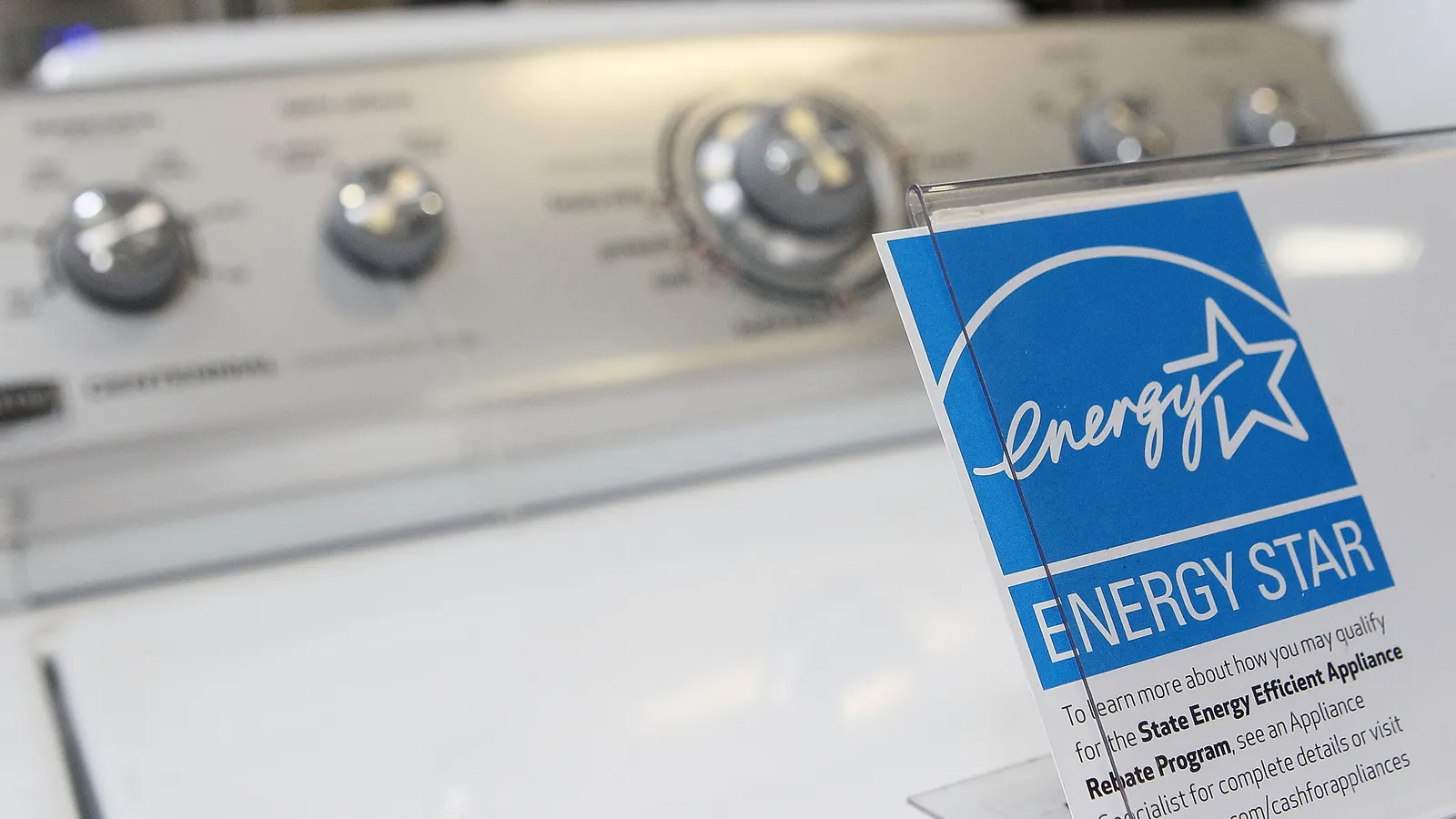The global ambition for carbon neutrality faces a critical challenge: the efficiency of household appliances. As highlighted by CLASP, a significant gap exists between the necessary advancements in appliance efficiency and the current regulatory frameworks in place, particularly in the U.S. This discrepancy not only undermines efforts to meet climate goals but also raises questions about the effectiveness of existing policies. The research indicates that enhancing appliance efficiency is essential for reducing energy consumption and greenhouse gas emissions, yet current governmental proposals fall short of what is required to drive meaningful change. This situation calls for a reevaluation of priorities and strategies in energy policy to align with the urgent need for sustainable practices.
The path forward hinges on a concerted effort to elevate appliance efficiency standards, which can catalyze broader environmental benefits. Key insights from CLASP suggest that implementing stricter regulations and incentivizing innovation in appliance design could significantly contribute to carbon reduction targets. By prioritizing efficiency, stakeholders can not only enhance energy conservation but also stimulate economic growth through the development of advanced technologies. The implications are profound: aligning appliance efficiency with carbon neutrality goals could serve as a cornerstone for achieving global climate commitments, ultimately fostering a more sustainable future.








